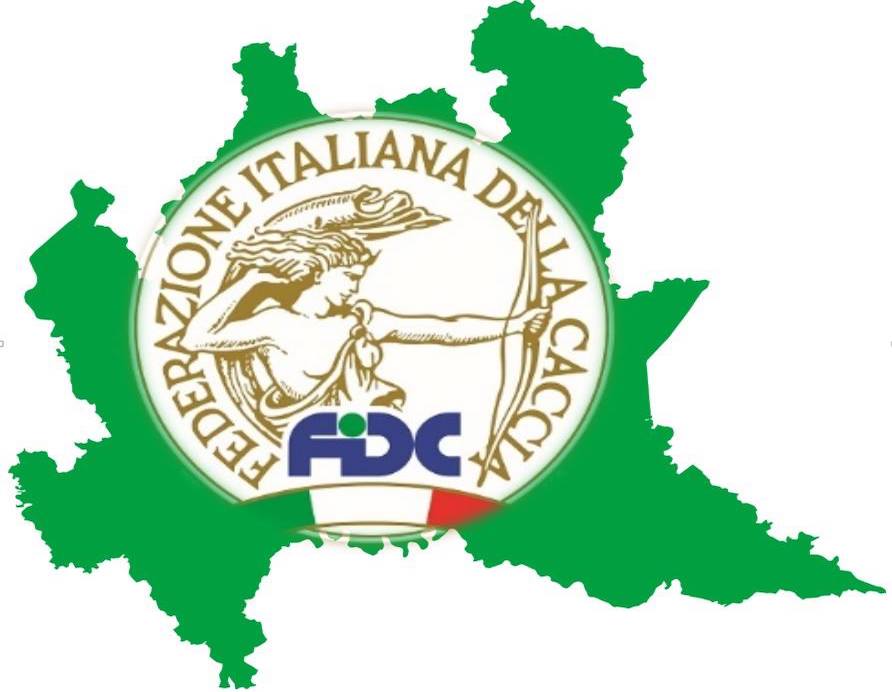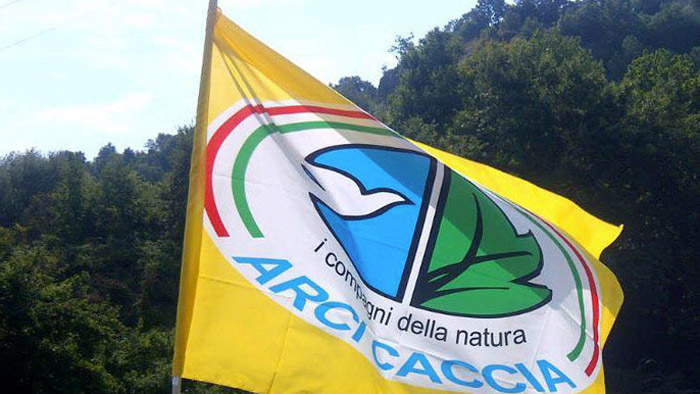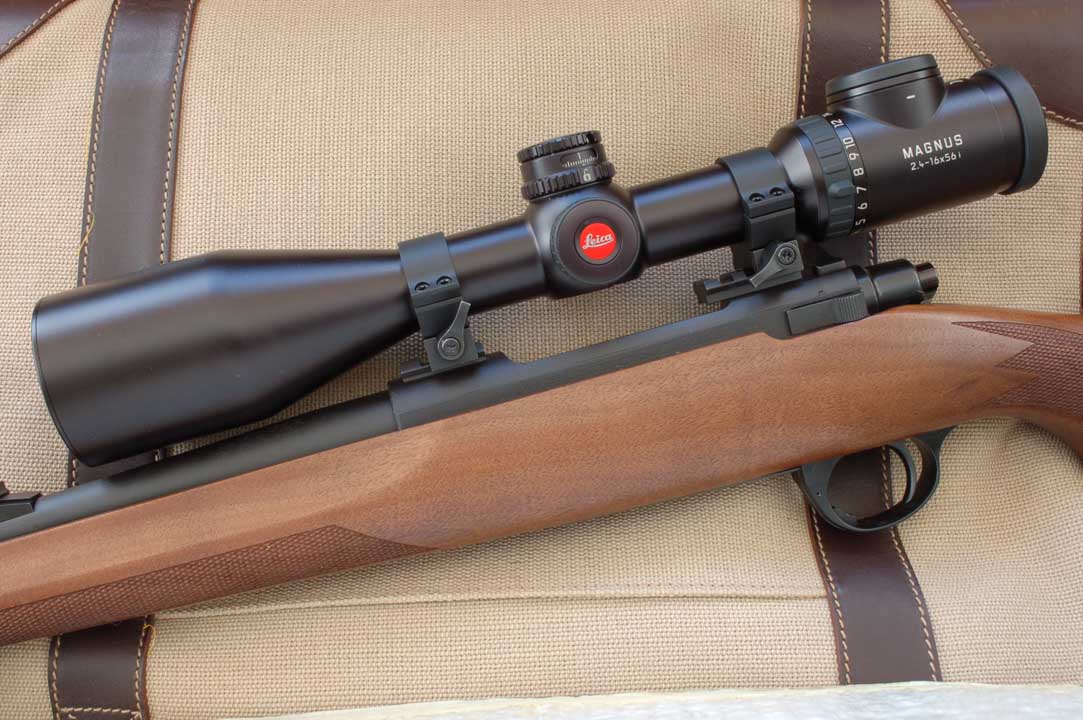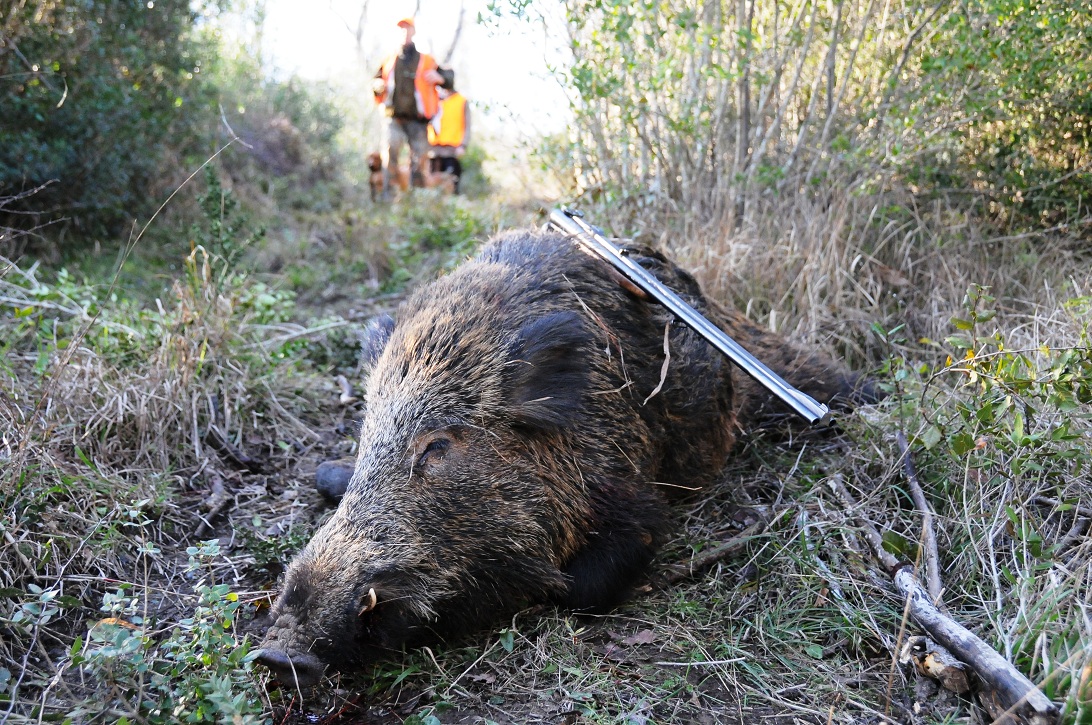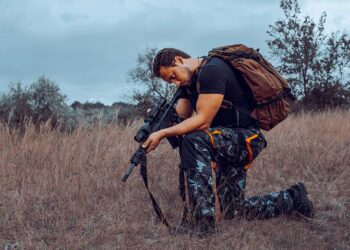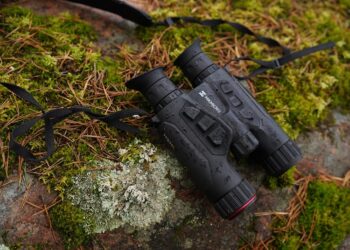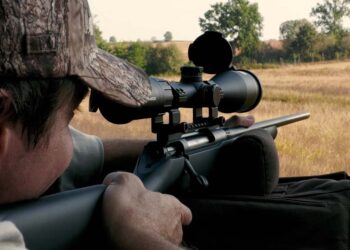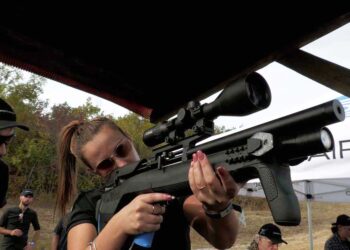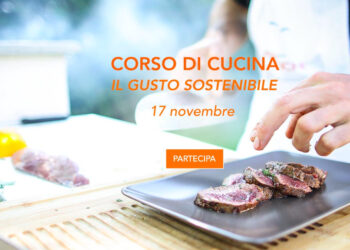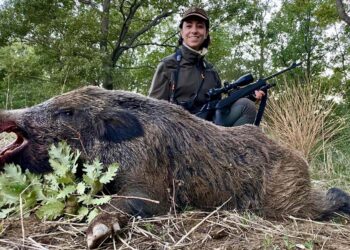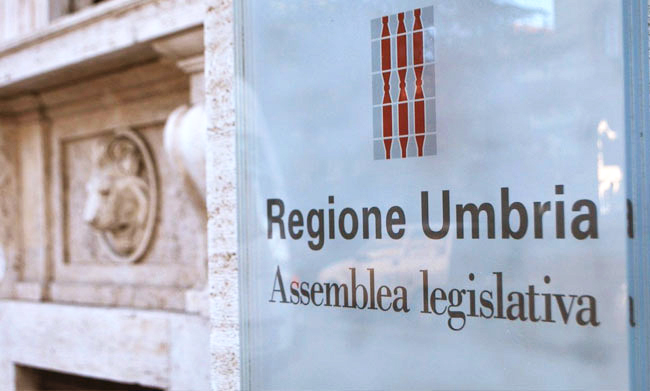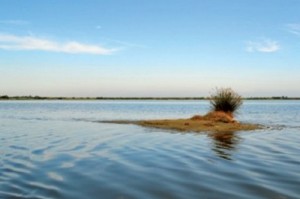
It is necessary to point out that hunting inside the Park is not allowed, but it is however allowed within the Contiguous Areas of the Park (i.e. the perimeter areas specifically defined), which is precisely the one in which the noted hunting activity was taking place. by the two cyclists. So everything is in order, and the hunting stalks in operation are also legitimized. If several shots have been heard, it means that there is a large presence of fauna due, even if the public opinion rejects it, to good management which foresees, by law, first the conservation of the fauna and, if possible, but only secondarily, the regulated withdrawal.
The truth is that today most of the species that can be hunted - less than forty out of a total of over four hundred species that affect our country - are in excellent health and allow a quota collection, whose data collected by the Region through the hunting cards. , last but not least, feed the regional database which is one of the tools of wildlife management. It should also be emphasized that to hunt in the Ravenna pre-park you pay, and this income is the only one that goes directly to the Park from any category of users. Furthermore, hunting access is only granted for at least one day of voluntary work for environmental maintenance. For the Ravenna part of the pre-park alone, over 10.000 hours of voluntary work / year are provided in agreement with the Municipality, which then issues the cards to those entitled to it.
In short, the Park is mainly based on the economic contribution and on the work of hunters. In this regard it is worth remembering (because memory is always short when it suits) that on the occasion of the death of aquatic in Valle Canna in October 2019, only hunters with their own means intervened to limit the damage that was being done. Intervention on which the regional television network has glossed over, avoiding mentioning that the hunters were working, obviously not proposed as positive television "subjects" on the basis of the perennial slander they are targeted for free. What was reported by the newspaper was then questioned, addressed to the regional government, by the councilor Giulia Gibertoni (Mixed Group) who recalled the "bad experience" experienced by the two cyclists.
We remind the regional councilor Gibertoni that the public function she performs also requires the guarantee of the completeness and objectivity of the information she has provided; a duty that in the case in question appears to be completely disregarded and, in any case, subordinated to disinformation. It is only on transparent scientific bases, and not on the discourse of manner, that we can work for the environment and for the fauna. We recall that Federcaccia has already activated various research and monitoring projects for both migratory and sedentary fauna for some years, in collaboration with some universities and research centers, not to collect more, but to learn more. Finally, we consider it appropriate to inform that, in relation to the fallow deer of the Classe pine forest, for which the same councilor Gibertoni has expressed fears about possible culling for supernumerary, the hunters (selecontrollori, i.e. trained hunters, as required by the regional regulation) have already expressed refusal to involve them for reasons of personal safety and that of others. The surplus of ungulates (fallow deer, wild boar, etc.) begins to be an increasingly serious problem both for the damage caused in agriculture and for the safety of citizens (Italian Federation of Hunting Emilia Romagna).






